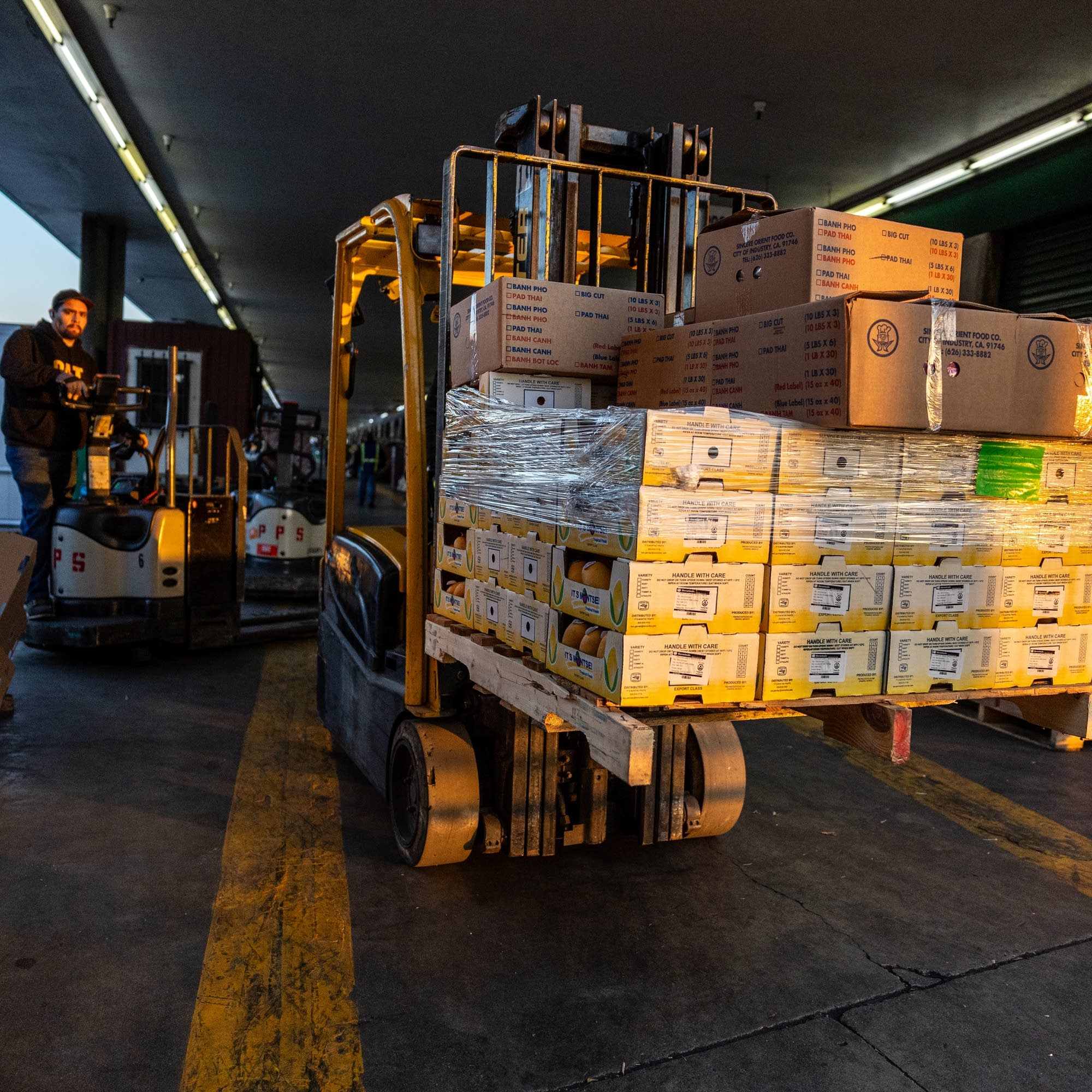
🤖 AI Summary
Overview
This episode explores the economic ripple effects of tariffs, from supply chain negotiations to consumer pricing. It also delves into the persistence of discriminatory housing covenants, the looming challenges of U.S. debt, and the aging workforce's economic implications.
Notable Quotes
- We cannot even model out a functioning long-term economy under current debt projections.
– Jessica Riedel, on the unsustainable trajectory of U.S. debt.
- You got to use the word tariffs, and then you can put surcharge after it.
– Richard Leo, on the importance of transparency in passing tariff costs to customers.
- It really takes your breath away.
– John Morgan, on discovering starkly racist language in historical housing deeds.
📈 The Economic Impact of Tariffs
- Economists are closely monitoring the Consumer Price Index (CPI) for signs of inflation driven by tariffs.
- Kevin Jakes notes that while firms have absorbed costs so far, items like imported food may soon reflect price increases.
- Jed Kolko highlights core goods (e.g., cars, appliances) as areas where tariff effects are most likely to appear.
- Businesses are grappling with how to handle tariff-induced cost increases:
- Some, like Ken Giddon of Rothman’s, negotiate with suppliers to avoid passing costs to customers.
- Others, like Catherine Reynolds of Palmetto Tile, bake tariff costs into base prices to avoid customer backlash.
- Richard Leo emphasizes transparency, selectively passing on steep tariff costs while absorbing smaller ones.
🏠 Housing Discrimination in Deeds
- Racially restrictive covenants, though unenforceable, persist in property deeds across the U.S.
- John Morgan explains how these covenants were historically used to exclude non-white buyers and renters.
- Maryland and other states have streamlined processes for homeowners to amend deeds and void discriminatory language.
- Advocates argue that removing this language is vital for acknowledging historical injustices and ensuring they cannot resurface.
💰 The U.S. Debt Crisis
- The U.S. national debt, projected to rise from $30 trillion to $200 trillion in 30 years, poses severe risks.
- Kent Smetters and his team’s economic model failed to project a sustainable future under current debt trends.
- Rising debt could lead to skyrocketing interest payments, consuming up to 80% of tax revenue within decades.
- Proposed solutions include raising the retirement age, implementing a carbon tax, and reducing Social Security benefits, though political will remains low.
👴 The Aging Workforce
- The U.S. workforce is aging, with 4 million people reaching retirement age annually.
- In the UK, Max Wallace, a 60-year-old entrepreneur, exemplifies the challenges and resilience of older workers.
- His story highlights the need for economic systems to adapt to an aging labor force, balancing financial sustainability with opportunities for older workers.
📦 The Tariff Whipsaw Effect
- The Port of Los Angeles experienced record imports in June as businesses rushed to avoid potential tariff hikes.
- This volatility underscores the broader economic uncertainty caused by fluctuating U.S. trade policies.
AI-generated content may not be accurate or complete and should not be relied upon as a sole source of truth.
📋 Episode Description
Up and down the supply chain, companies are facing a dilemma: Should they absorb tariff surcharges and keep prices down, or pass on the cost to customers, and risk losing business? Most are taking a mixed approach. In this episode, how firms are negotiating — and communicating — higher costs. Plus: Economists discuss what they’ll be looking for in tomorrow’s CPI, housing discrimination persists in the fine print of home deeds, and economists attempt to model the U.S. economy’s debt forecast.
Every story has an economic angle. Want some in your inbox? Subscribe to our daily or weekly newsletter.
Marketplace is more than a radio show. Check out our original reporting and financial literacy content at marketplace.org — and consider making an investment in our future.
